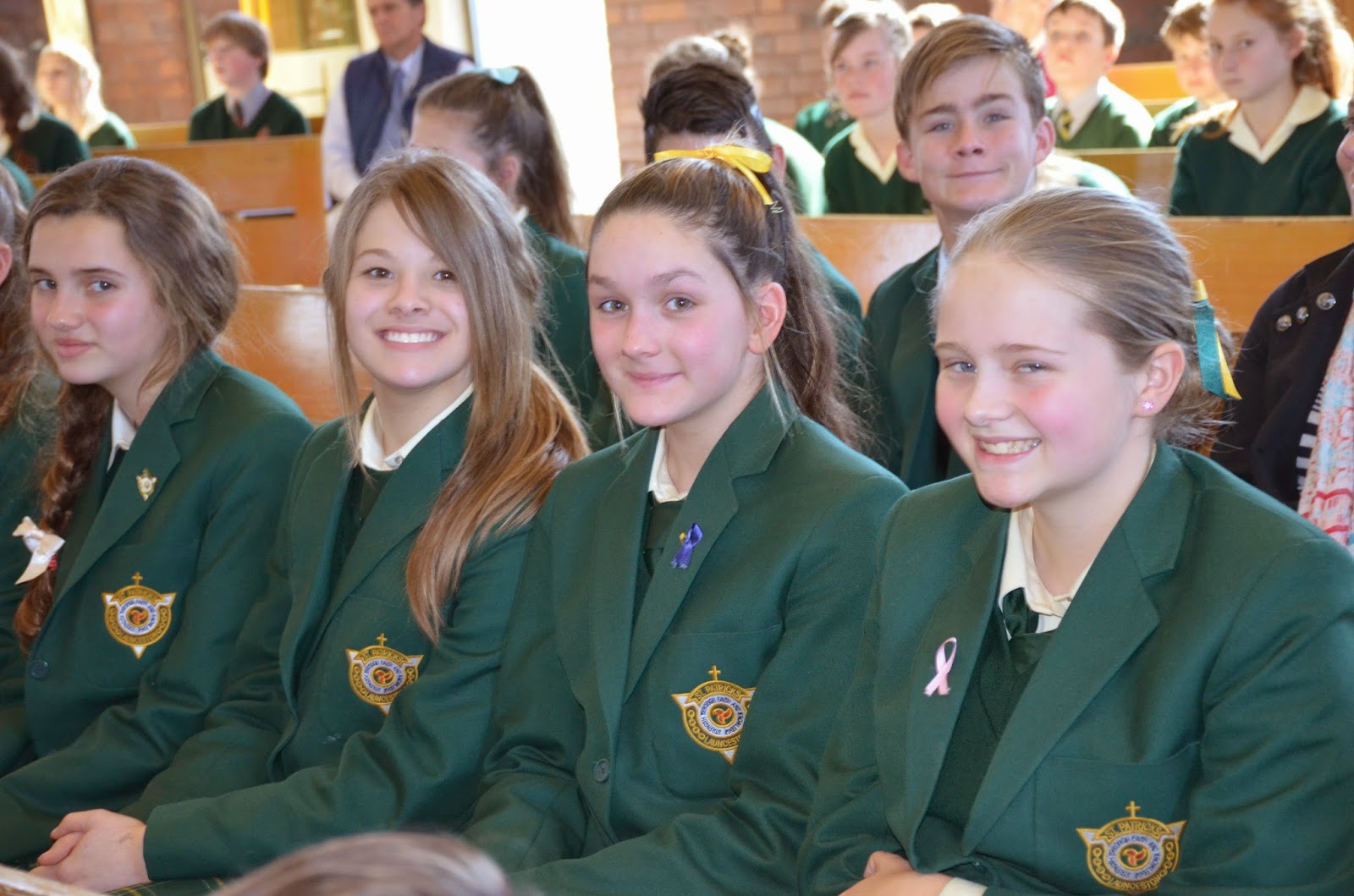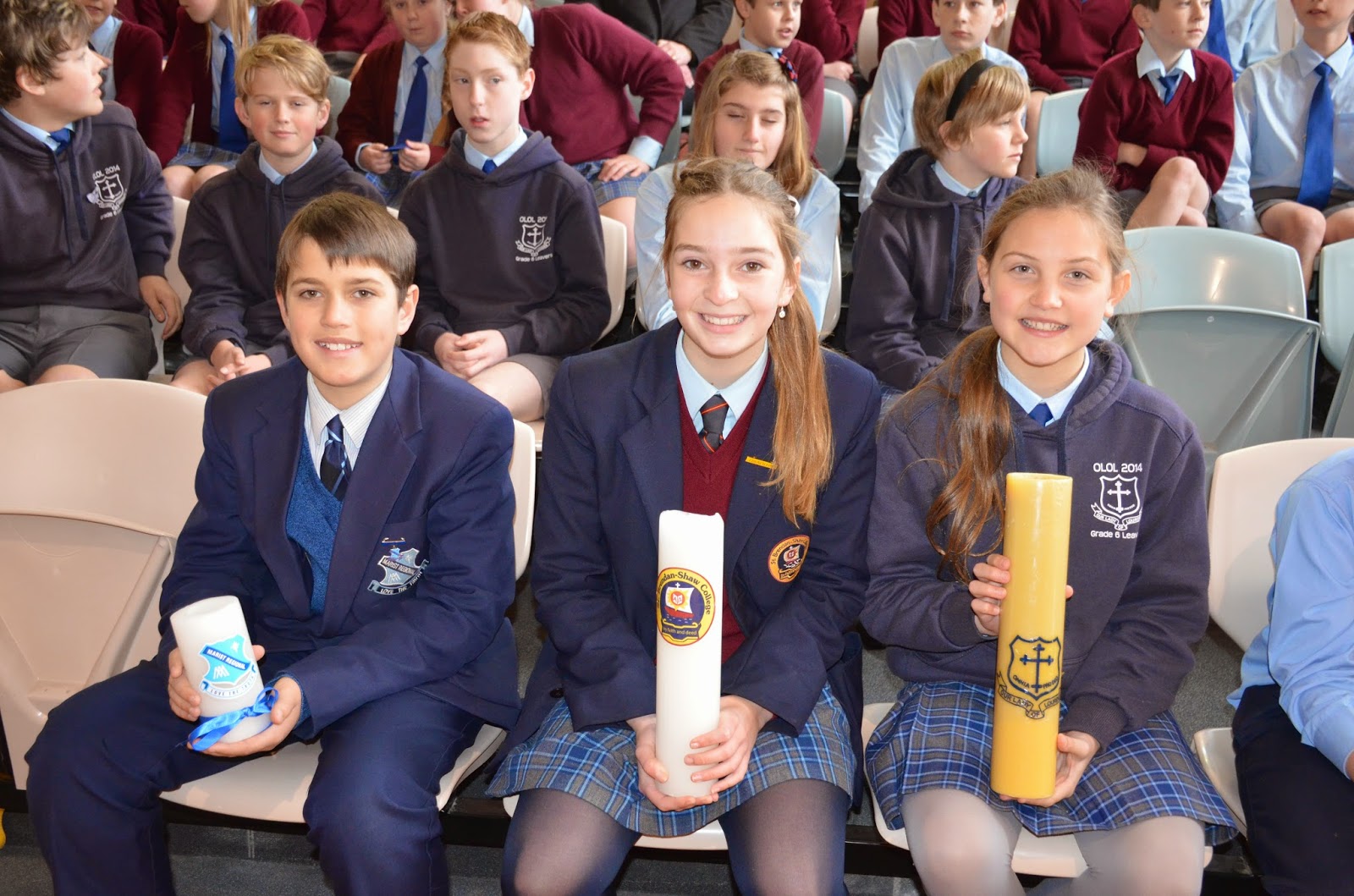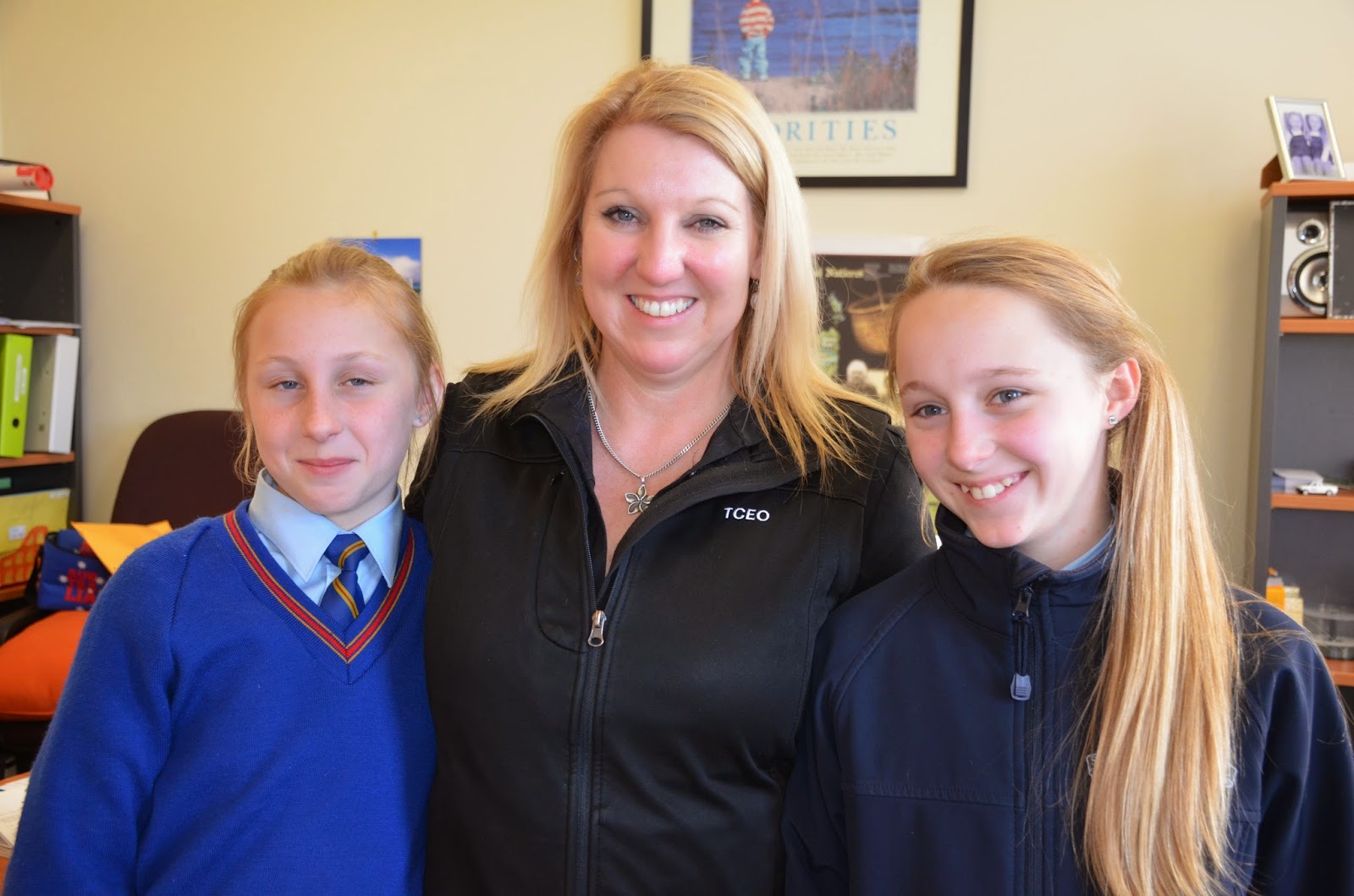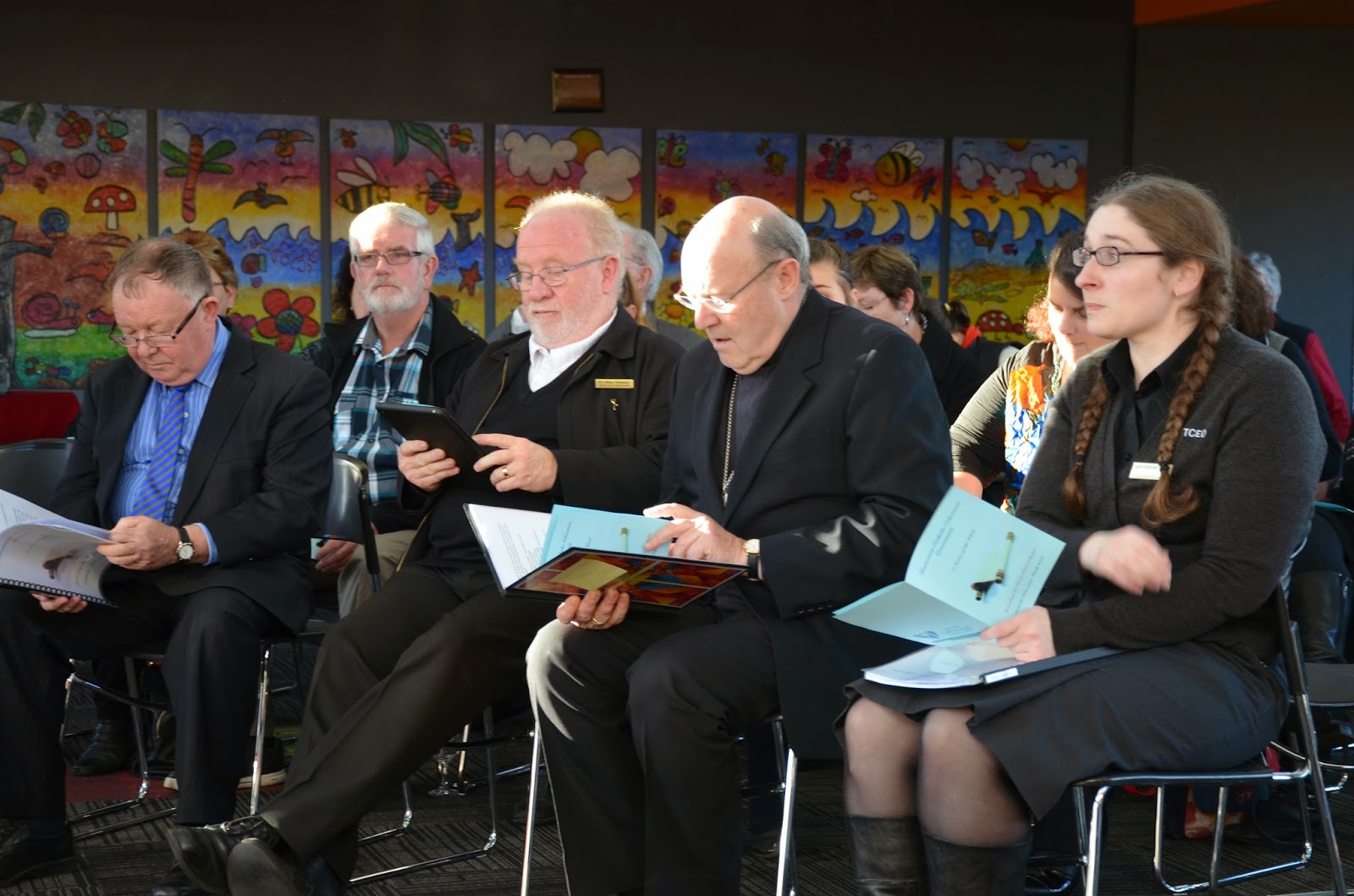Think of
God’s mercy, my brothers, and worship him, I beg you, in a way that is worthy
of thinking beings, by offering your living bodies as a holy sacrifice, truly
pleasing to God. Do not model yourselves on the behaviour of the world around
you, but let your behaviour change, modelled by your new mind. This is the only
way to discover the will of God and know what is good, what it is that God
wants, what is the perfect thing to do.
Romans 12:1 – 2
Crikey. What is the perfect thing to do? It would be interesting
to have a flow chart or a checklist to ensure that at all times, in all
situations, we did the perfect thing. The tumultuousness of adolescence would
dissipate, our homes, schools and workplaces would all be places of peace and
tranquility. Indeed, in such a world there would only be accidents - where events happen only by chance without apparent or
deliberate cause. Yet part of
being human means that we sometimes choose - not necessarily the wrong thing –
but the easier path. It may still produce good, but would it be ‘what it is
that God wants’?
Yet it is precisely that easier path that Paul is challenging us
to avoid, for the easier option is, according to Paul, modelled on the world
around us, and we are called to model ourselves on our new minds. It is
accomplished by discernment.
Catholic Bogger Mary Jane Fox suggests that there are seven
practical principles for discerning God’s will in our lives:
- · Love God – put God first in your life, trust him, believe!
- · Listen to the Holy Spirit – be open the Spirit’s guidance, be available.
- · Get rid of obstacles – get rid of your unrepented sins
- · Get rid of unforgiveness – forgive others, let our grudges go.
- · Make it a habit – make choosing good a habit and cultivate it.
- · Be prudent – we must use our reason, intelligence and practical wisdom.
- · Listen when you pray – don’t do all the talking. LISTEN!
Needless to say even with these clear principles we may not reach
the heart and mind of God, but we would certainly be on the right track. But if
you could, this discernment itself would be utterly and totally transformative,
and in the end, this is what we are indeed looking for.
Peter
Peter's whereabouts for the next 2 weeks
Meetings coming up
Please forward any agenda items for meetings (with some indication of time required and context) to Carole at carole.goodwin@catholic.tas.edu.au
Please forward any agenda items for meetings (with some indication of time required and context) to Carole at carole.goodwin@catholic.tas.edu.au
Education –
a Cognitive/Affective/Social nexus rather than linear models for development
Below is an excerpt from one of the readings
for Graduate Certificate in Theology. Titled Ramifications
of the New Values Education for Teacher Education
by Terry Lovat, R Toomey, N Clement, R Crotty, and T Nielsen (2009, p. 15). It has interesting implications for
challenging our current beliefs about how human beings learn… Do we value
thinking above feelings and social interactions?
What do you think? I would be interested in your reflections and
insights – let’s start a conversation!
Thanks, Bobbi-Jo
AROUND THE SCHOOLS
From St Brendan-Shaw College
From Sacred Heart, Launceston
From Stella Maris
From Star of the Sea
From St Peter Chanel
From Our Lady of Mercy
From St Patrick's College
From St Patrick's Latrobe






















































































